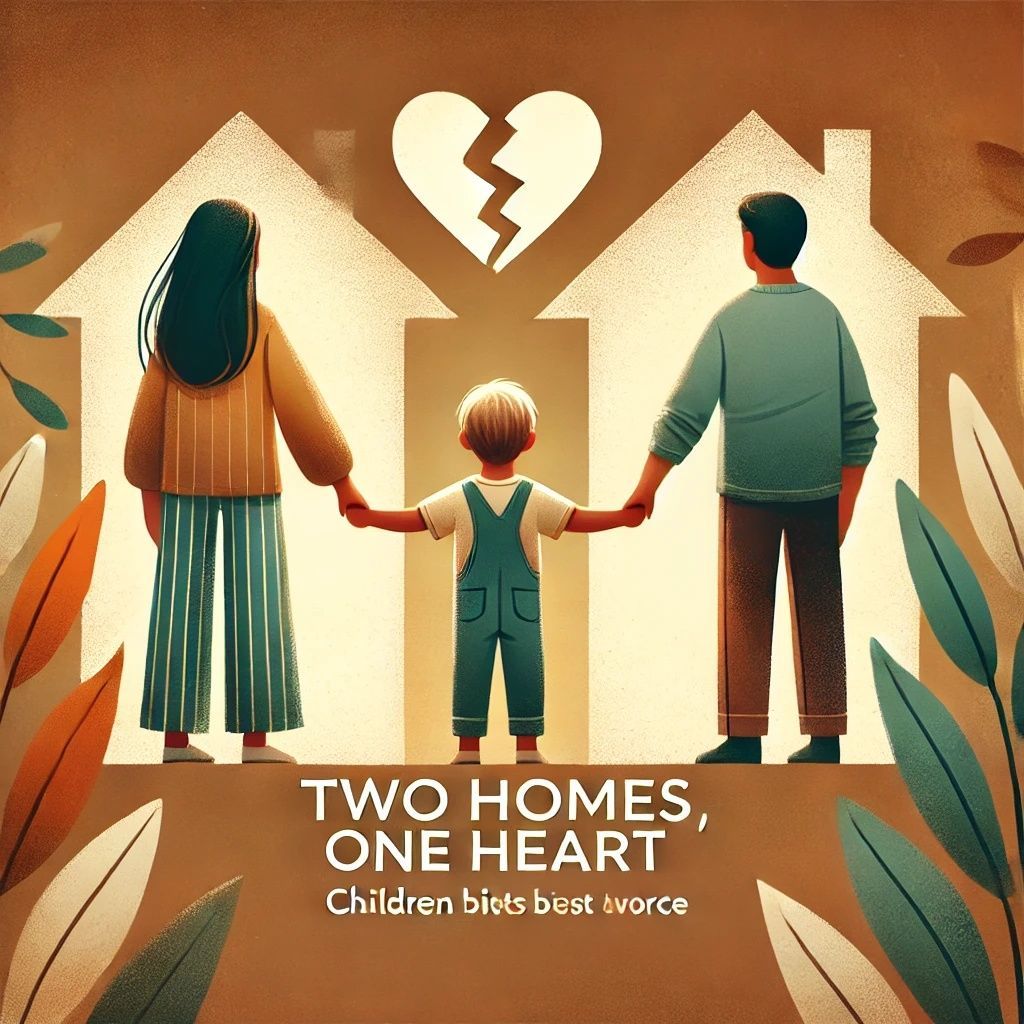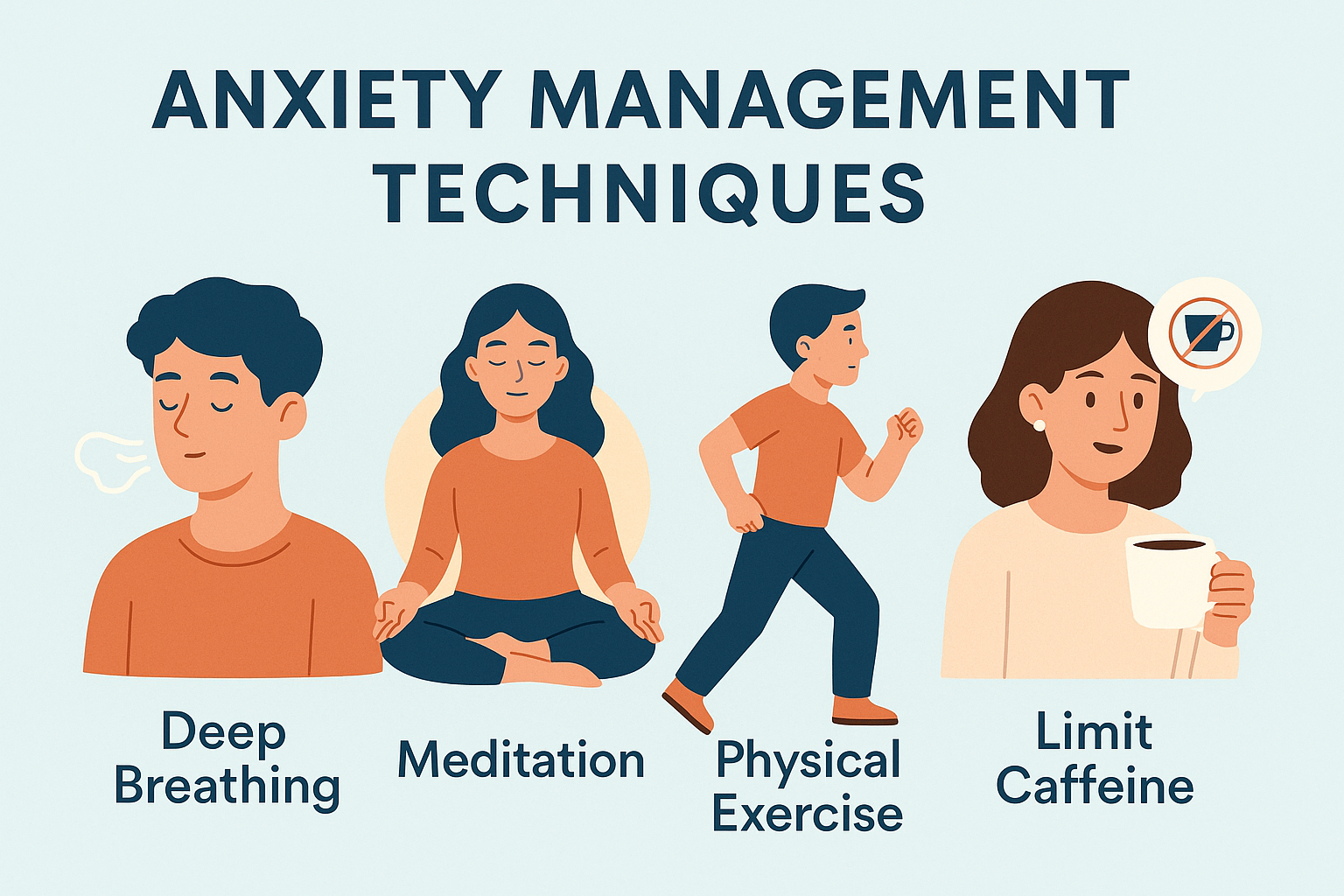
Two Homes, One Heart: Upholding Children's Rights During Divorce
Divorce can be a difficult and confusing time for families, especially for children who might feel scared and uncertain about the future. It's crucial to champion children's rights during this process, ensuring they are protected, and their voices are heard. Our expert team at Beckloff Behavioral Health Center (BBHC) prioritizes children's emotional and psychological well-being.
By providing the care and support they need, we can help them overcome this challenging transition with resilience and hope.
We’re going to explain the legal and emotional aspects of children's rights during divorce, emphasizing the importance of stability, communication, and mental health support.
Children's Legal Rights During Divorce
Children's rights during divorce focus on their best interests.
Key legal considerations include:
● Custody Arrangements: Courts determine custody based on what best serves the child's needs. Joint custody, where both parents share responsibilities, is often favored, but sole custody may be awarded if necessary.
● Visitation Rights: These rights ensure that the non-custodial parent maintains a relationship with the child. Consistent visitation schedules help provide stability.
● Child's Best Interests: Courts consider the child's age, health, emotional ties with each parent, and each parent's ability to provide a stable environment.
Emotional Needs of Children During Divorce
The emotional needs of children during divorce are paramount and crucial for their mental health. We offer group therapy programs that provide much-needed education and support for parents and children. Part of the program emphasizes:
● Open Communication: Encourage children to express their feelings and listen without judgment. Acknowledging their emotions helps them feel understood and supported.
● Reassurance: Constantly reassure children that they are loved and that the divorce is not their fault. This reassurance helps mitigate feelings of guilt or responsibility.
Counseling for Children Affected by Divorce
We support children of divorce by offering individual child counseling services, including play and 'ping pong' sessions (yes, we play ping pong and chat!) to help them understand and heal during this strenuous time.
Our approach ensures each child's unique needs are met with care and compassion.
We also provide parents with tools for effective co-parenting, focusing on maintaining strong parent-child relationships.
We offer divorce care counseling, helping parents work together in a two-home environment and ensuring that children feel loved and supported despite the changes.
We also assist children in adjusting to new living arrangements, schools, and schedules, helping them cope and thrive through these transitions.
The Role of Parental Communication
Effective parental communication during divorce is essential. It helps reduce the child's stress and confusion.
Two of the most significant parents need to consider are:
● Avoiding Negative Talk: It's critical for parents to avoid saying negative things about each other in front of the kids. Hearing this kind of talk can make children feel torn between their parents and add to their emotional stress.
● Unified Decisions: Whenever possible, parents should present a united front when making decisions about the child's welfare. This unity reassures children that their parents are still working together for their best interests.
Ensuring Stability and Security for Children
At BBHC, we support children through the emotional and psychological challenges of divorce using tailored therapeutic techniques like play and talk therapy. These methods help children express their feelings.
We also work closely with parents, offering co-parenting counseling to help them collaborate on child-related issues.
Equipping parents with the tools to maintain a strong, loving relationship with their children ensures that the little ones feel supported and secure despite changes in family dynamics.
Our goal is to help children adjust to new living arrangements, schools, and schedules, fostering resilience and well-being.
Supporting your child through divorce ensures they emerge resilient and ready to thrive in their new family dynamic.
For more information on how we provide compassionate care for children and yourselves, please contact us today.



